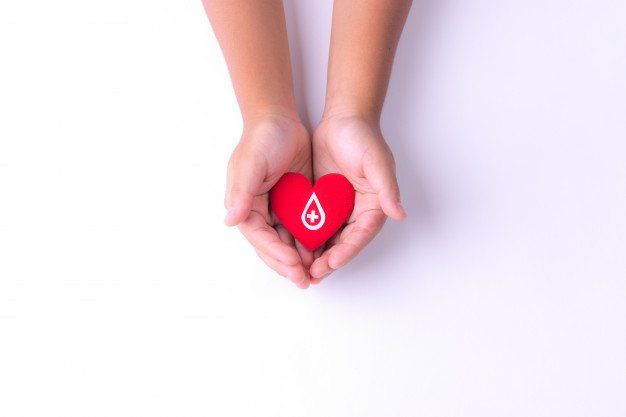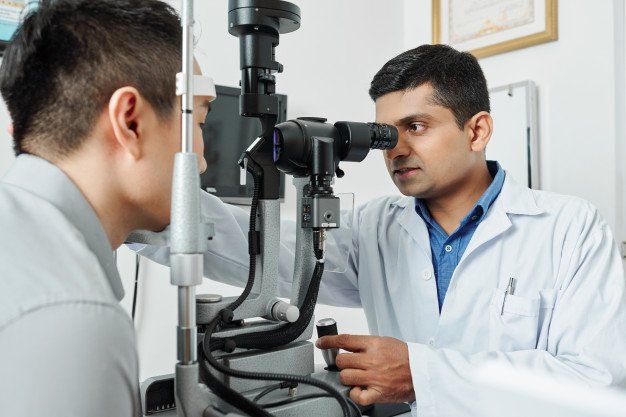Checking In With Your Mental Health
What is Mental Health?
Mental health is important at every stage of life that can affect us from childhood and adolescence through adulthood. It includes our emotional, psychological, and social well-being that can affect how we feel, think, and act. [1] Our behaviors in how we handle stress, relate to others, and make healthy choices can also be determined by our mental health.
The two terms are often used interchangeably, but it is important to keep in mind that poor mental health and mental illness are two different things. A person can experience poor mental health and not be diagnosed with a mental illness whereas a person diagnosed with a mental illness can experience periods of physical, mental, and social well-being.
What is Mental Illness?
Mental illnesses are conditions that affect a person’s thinking, feeling, mood or behavior, such as depression, anxiety, bipolar disorder, or schizophrenia. [2] These conditions may be occasional or long-lasting (chronic) and affect someone’s ability to relate to others and function each day.
Warning Signs And Symptom
It is important to pay attention to sudden changes in thoughts and behaviors. Below are warning signs that you should look out for. [3]
In Adults, Young Adults And Adolescents:
● Prolonged depression (sadness or irritability)
● Social withdrawal
● Dramatic changes in eating or sleeping habits
● Suicidal thoughts
In Older Children And Preadolescents:
● Substance use
● Inability to cope with problems and daily activities
● Defiance of authority, truancy, theft, and/or vandalism
● Prolonged negative mood, often accompanied by thoughts of death
In Younger Children:
● Changes in school performance, sleeping and/or eating habits
● Excessive worry or anxiety (i.e. refusing to go to bed or school)
● Persistent nightmares
● Persistent disobedience or aggression
How To Cope Day-To-Day
Establish A Support Network
It is strongly encouraged to seek support from friends and family members. However, if you feel you cannot discuss your situation with friends or other family members, find a self-help or support group. These groups provide an opportunity for you to talk to other people who are experiencing the same type of problems.
Seek Counseling
Therapy can be beneficial for both the individual with mental illness and other family members. A mental health professional can suggest ways to cope and better understand your loved one’s illness. When looking for a therapist, be patient and talk to a few professionals so you can choose the right person for you and your family.
Have Time To Yourself
Having time to yourself to prevent different emotions can allow you to keep things in perspective. You may even have more patience and compassion for coping or helping your loved one. Being physically and emotionally healthy helps you to help others.
Resources
Overall, it is important to remember that you are not alone and there are different resources you may reach out to.
❖ National Institute of Mental Health (NIMH) -Information Resources and Inquiries Branch: 301-443-4513
❖ The National Suicide Prevention Lifeline: 1-800-273-TALK (1-800-273-8255)
❖ Disaster Distress Helpline: 1-800-985-5990
❖ Youth Mental Health Line: 1-888-568-1112
❖ Child-Help USA: 1-800-422-4453 (24 hour toll free)
Sources



















